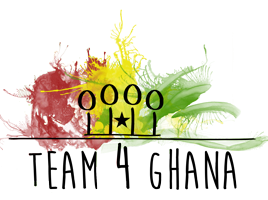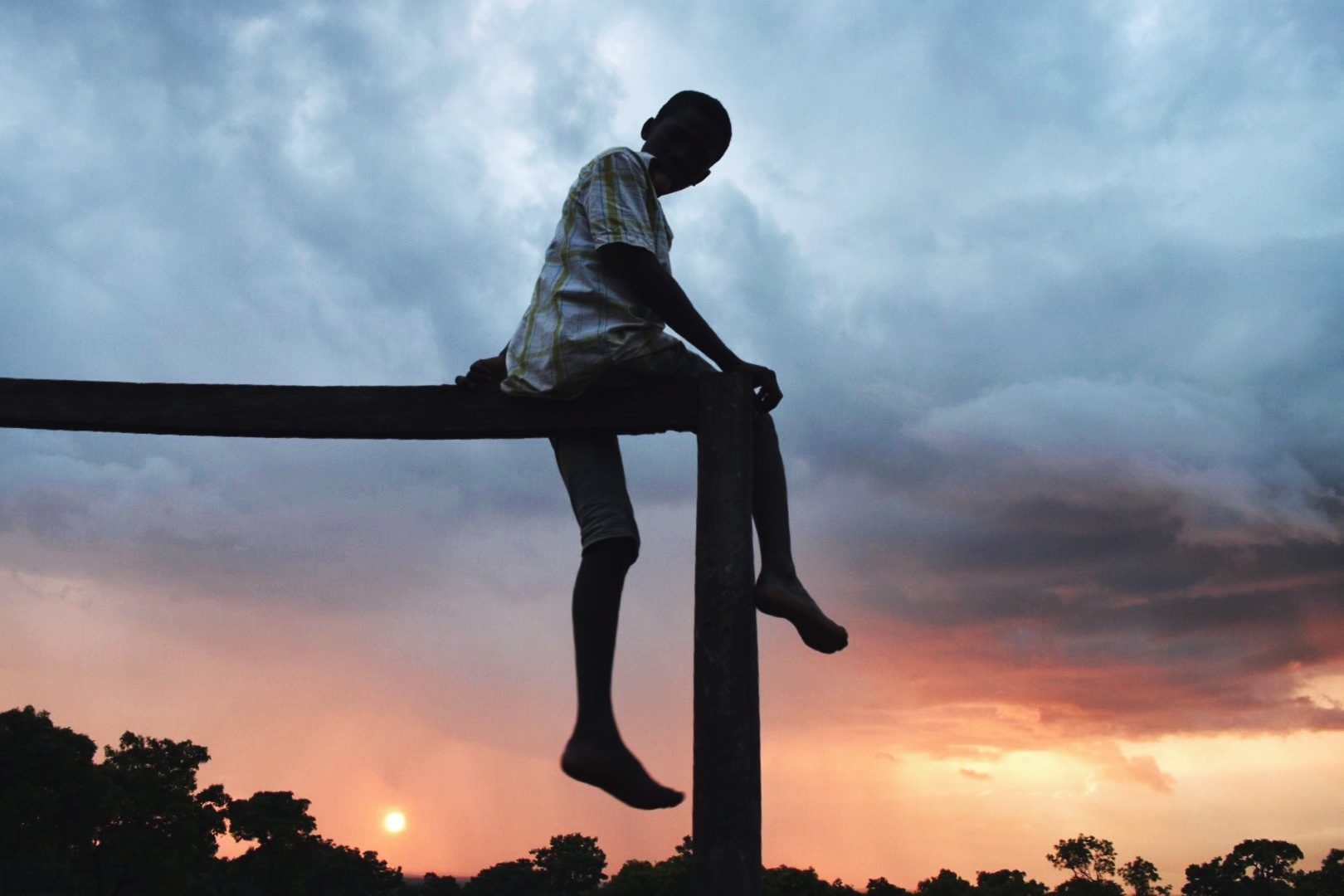After finishing the construction of the first stage of the Elementary School of Luisa, in April 2019 (insert link), our local counterparty is devoted to start the school year, encourage the schooling of the kids from the community families, specially on tho se cases in which this would be their first attendance to school. The Ghana Education Service (GES) has broaden its schooling campaigns and is offering support for those low-income families. As the school year goes ahead, we will verify the growing number of enrolled pupils for three school years and we will proceed to an ampliation.
The second stage of the School construction, is programmed to take place after the Menstrual Hygiene project in which we are involved nowadays. It has been planned with a slightly inferior budget that the Stage I, a budget around 25.000€.
It will consist of three classrooms and one library. IN addition, we have planned the fencing of the school enclosure and the creation of a small space of farming and vegetable garden in the large over casted playground.






